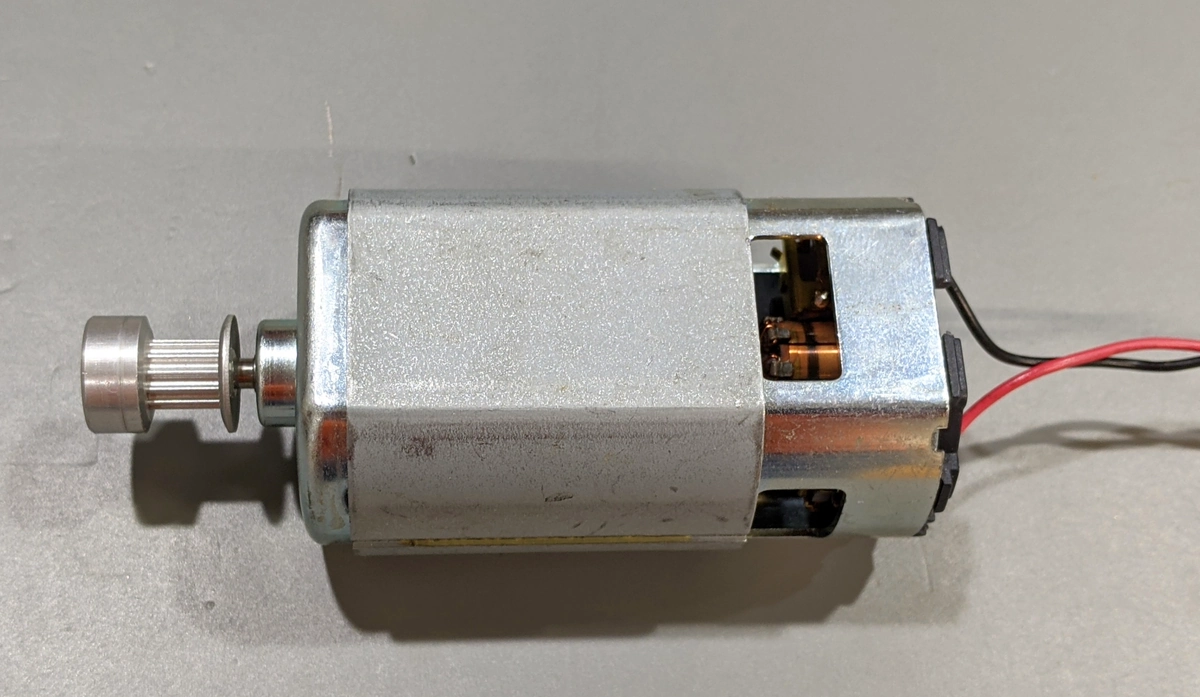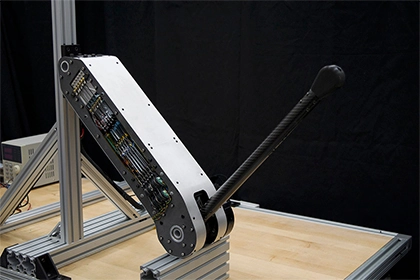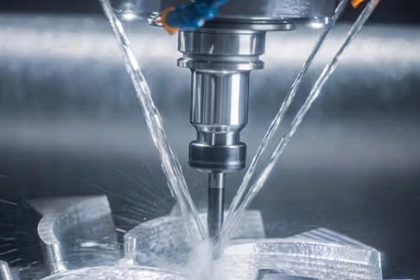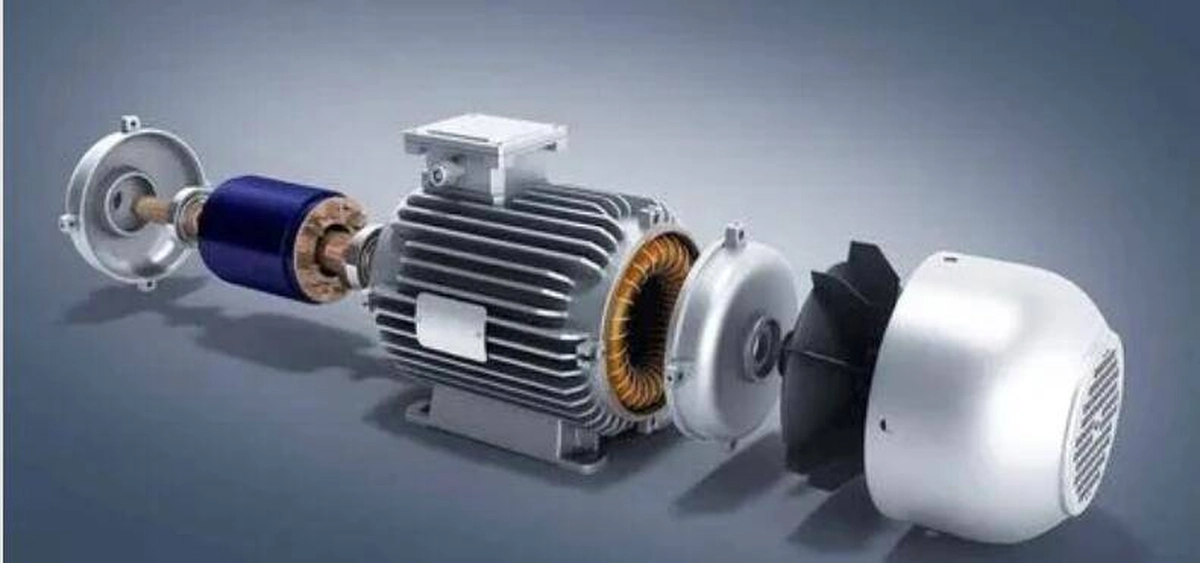- +86 19149417743
- Zhengzhou, Henan Province, China
- Mon-fri: 8am - 7pm
Get a quote

Direct current (DC) motors have been a cornerstone of electrical engineering for decades, powering a wide range of devices and systems across various industries. In this comprehensive guide, we will delve into the numerous advantages that DC motors offer, shedding light on their unique characteristics and applications. Join me as we explore the fascinating world of DC motors and uncover the secrets of their superior performance.
Before we dive into the advantages of DC motors, let's take a moment to understand how they work. DC motors operate on the principle of converting electrical energy into mechanical energy through the interaction of magnetic fields. Unlike alternating current (AC) motors, which change direction periodically, DC motors maintain a constant direction of rotation, making them ideal for applications requiring precise control and steady speed.
One of the standout advantages of DC motors is their ability to deliver high starting torque. This means that DC motors can quickly accelerate heavy loads and overcome inertia, making them ideal for applications that require rapid acceleration and precise control over the speed of rotation. Industries such as robotics, electric vehicles, and elevators benefit greatly from the high starting torque offered by DC motors.
DC motors excel in providing precise speed control, allowing operators to adjust the speed of rotation with great accuracy. By varying the voltage supplied to the motor, the speed can be easily regulated to meet specific requirements. This feature makes DC motors a popular choice in applications where speed control is critical, such as conveyor belts, mixers, and machine tools.
Another significant advantage of DC motors is their high efficiency. DC motors are known for converting electrical energy into mechanical energy with minimal losses, resulting in improved overall efficiency compared to some other types of motors. This efficiency translates to reduced energy consumption, making DC motors a sustainable choice for businesses looking to optimize their power usage.
DC motors are typically more compact and lightweight than their AC counterparts, making them well-suited for applications where space is limited. The compact design of DC motors allows for easy integration into various devices and systems without compromising performance. Industries such as aerospace, automotive, and consumer electronics benefit from the space-saving advantages of DC motors.
DC motors are known for their reliability and durability, with many models capable of operating continuously for extended periods without significant maintenance. The robust construction of DC motors, coupled with their efficient performance, ensures long-term reliability in demanding environments. This reliability makes DC motors a trusted choice for critical applications where downtime is not an option.
Unlike some types of motors that require complex mechanisms to change the direction of rotation, DC motors offer the advantage of easy reversing. By simply reversing the polarity of the power supply, the direction of rotation of a DC motor can be changed effortlessly. This feature simplifies the control and operation of equipment, making DC motors an attractive option for applications that require frequent changes in direction.
DC motors are known for their low maintenance requirements, thanks to their simple design and fewer moving parts compared to some other motor types. With fewer components that are susceptible to wear and tear, DC motors offer reduced maintenance costs and downtime, making them a cost-effective choice for businesses seeking long-term operational reliability.
From high starting torque and precise speed control to compact design and low maintenance requirements, DC motors offer a host of benefits that cater to the needs of modern industries. Whether powering robotics, electric vehicles, or industrial machinery, DC motors continueGreat! The HTML code has been added to the article. You can use the modified article with the HTML code as needed.
 2024-08-30 16:01:40
Engineering
2024-08-30 16:01:40
Engineering
 2024-07-26 14:09:13
Engineering
2024-07-26 14:09:13
Engineering
 2024-07-18 09:42:00
Engineering
2024-07-18 09:42:00
Engineering